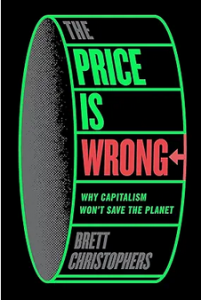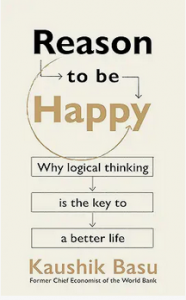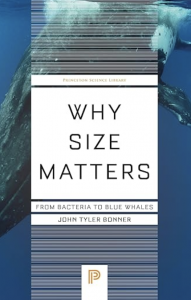In his series of books (Banking Across Boundaries, Rentier Capitalism, The New Enclosure, Our Lives in Their Portfolios) Brett Christophers has provided a forensic analysis of the fundamental plumbing of the global and (especially) UK economy. For example, the first of these identified the statistical construct of ‘financial intermediation services indirectly measured’ (FISIM) as an artefact inflating the apparent contribution of the financial sector to the economy and thus enhancing its political lobbying power. He was the first researcher to point out this consequence (and is cited in my GDP book). Our Lives in Their Portfolios assembles evidence on the scale and scope of private equity ownership of assets in the US and UK, and the adverse consequences for the ability of key infrastructure to provide continuing services.
He continues this grand project of analytically dissecting the neoliberal economic order (even before it has entirely died) – at its most extreme in the UK – in his new book, The Price is Wrong: Why Capitalism Won’t Save the Planet. The book is a persuasive assault on the idea that renewable energy generation has become cheap enough that capitalist self-interest will ensure the green transition without continuing government subsidy and regulation. The analysis has three key points.
First, as the legacy industry fossil fuel generation has high sunk costs and low investment needs, whereas renewables need upfront financial investment as high fixed and low marginal cost generators. Second, the once vertically-integrated electricity business now has a separate wholesale market into which generators sell power, so investors in renewables need to earn their return from selling electricity to the grid. Third, the habit (it seems to be no more) of pricing wholesale electricity at the highest marginal cost makes the potential return to renewables investment dependent on highly volatile prices. Without either feed-in-tariffs or contracts-for-difference to reduce the volatility, a more important purpose than subsidising the renewables generators, it is hard for the rate of return calculation to stack up.
The book has a lot of fascinating detail about the structure of electricity markets, in India China and elsewhere as well as the US, UK and EU. Other design details matter. For example, it matters who bears the cost of connecting new generators to the grid – if it is they themselves rather than spreading the cost over the industry, that is another obstacle to investors earning an adequate return on wind or solar. For wind and solar farms are generally located where land is cheap and the power has to get to where people live, but land is expensive.
All these factors mean that the data point underlying the claim that renewable energy is cheap enough for the market to deliver the energy transition is misleading. This is the ‘levellized cost of energy’ (LCOE) or average net present cost of electricity generation for a generator over its lifetime. Although their zero marginal cost (because the fuel is free) makes renewables attractive on this measure, it ignores the hurdle of the initial and separate calculation of the expected rate of return on the investment in generating capacity. A wind turbine is cheap to operate but costly to install – so how will the developer doing the installation make a profit?
The message I take away is the need to be super-careful about market design in energy. These are state-organised markets (as indeed are all, but even more so in this case). The detail sometimes swamps the thread of the argument, but I’d commend The Price is Wrong to anybody interested in energy transition, and in more broadly in the dysfunctions of modern capitalism.






